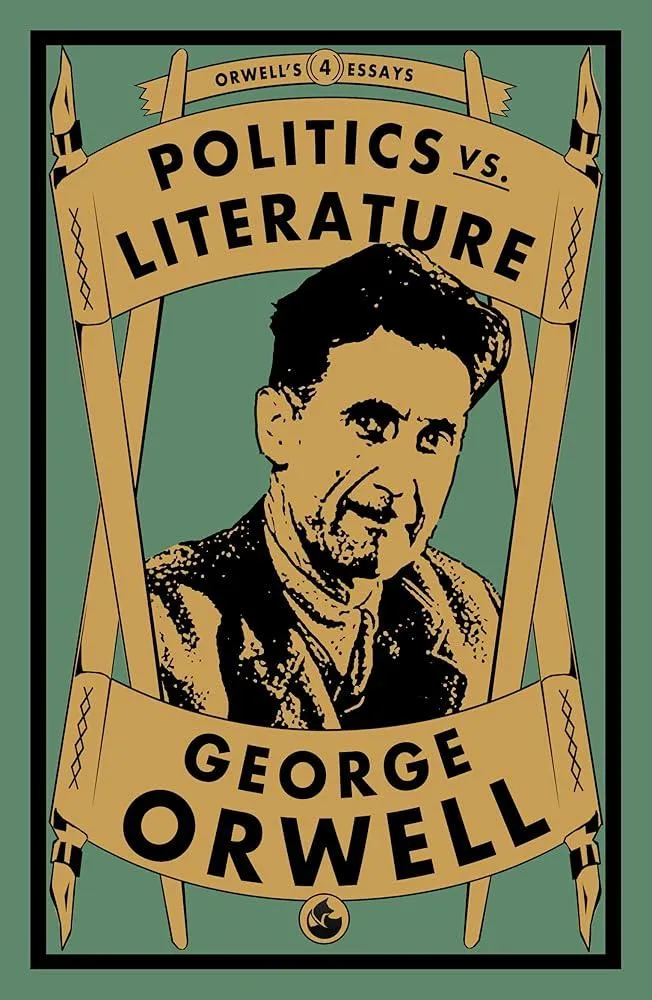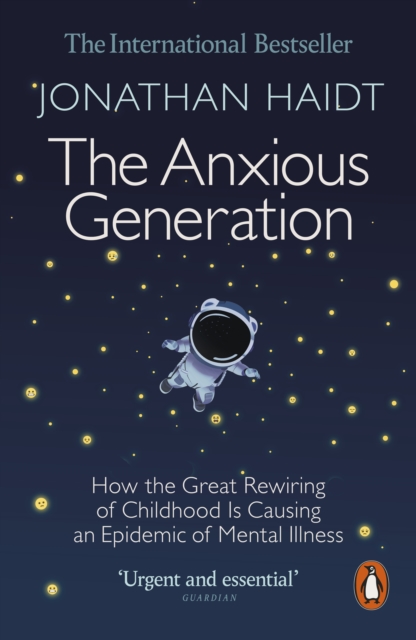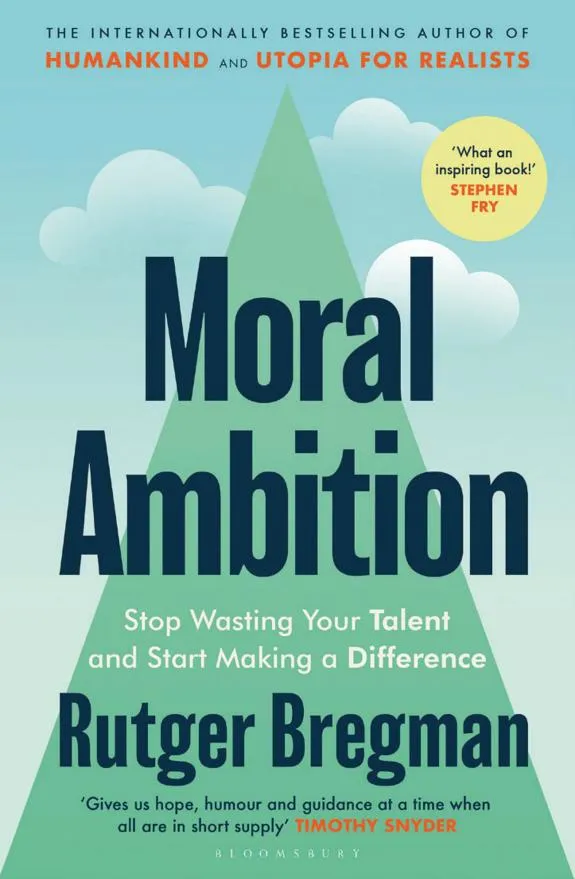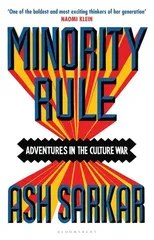George Orwell set out ‘to make political writing into an art’, and to a wide extent this aim shaped the future of English literature – his descriptions of authoritarian regimes helped to form a new vocabulary that is fundamental to understanding totalitarianism. While 1984 and Animal Farm are amongst the most popular classic novels in the English language, this new series of Orwell’s essays seeks to bring a wider selection of his writing on politics and literature to a new readership. Politics vs. Literature, the fourth in the Orwell’s Essays series, is, at heart, a review of Jonathan Swift’s Gulliver’s Travels. Having been given a copy of the book on his eighth birthday, Orwell knows it inside out, and thinks highly of it; it is ‘pessimistic’, though, he says – ‘it descends into political partisanship of a narrow kind,’ designed to ‘humiliate man by reminding him that he is weak and ridiculous.’ Using the book as an example of enjoying a book whose author one cannot stand, Orwell goes on to say that he considers Gulliver’s Travels a work of art, leaving the reader to reconsider the books on their own shelves. 'A writer who can – and must – be rediscovered with every age.' — Irish Times
George Orwell
George Orwell, born Eric Arthur Blair in 1903, was an English novelist, essayist, journalist, and critic. He is best known for his works "Animal Farm" and "Nineteen Eighty-Four," which are both powerful critiques of totalitarianism and authoritarianism. Orwell's writing style is characterized by clarity, precision, and a sharp wit, making his works accessible and thought-provoking for readers.
Orwell's contributions to literature include his exploration of political and social issues, as well as his commitment to truth and honesty in writing. His works have had a lasting impact on the dystopian and political fiction genres, influencing countless authors and thinkers. "Nineteen Eighty-Four" in particular has become a classic of modern literature, with its portrayal of a bleak and oppressive future society resonating with readers around the world. Orwell's legacy as a writer and social critic continues to be celebrated and studied today for its enduring relevance and insight.





